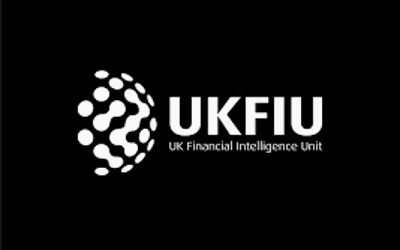Suspicious activity reports
Suspicious activity reports (SARs) are a crucial part of UK law enforcement and are a legal obligation for those working in the regulated sector.
The basics
SARs are disclosures to UK law enforcement concerning knowledge or suspicion, or reasonable grounds for suspicion, of money laundering. In practical terms, all practices, regardless of their status under the Money Laundering Regulations, are obligated to report suspicions of money laundering or terrorist financing to the UK Financial Intelligence Unit (UFKIU) at the National Crime Agency (NCA).
UKFIU officers are designated by the Director General of the NCA to receive SARs. While legislation and other guidance documents may refer to the NCA as the body authorised to receive SARs, new guidance will refer to the UKFIU, as the UKFIU is the only unit within the NCA authorised to receive these disclosures.
The Proceeds of Crime Act (2002) (POCA) is the primary legislation. Sections 327 - 329 of the Act set out the main offences of money laundering.
Sections 330 to 332 cover the legal obligation to make a disclosure. There are some differences, depending on whether you are the nominated officer or not, and whether you work inside or outside the regulated sector.
The UK Money Laundering Regulations 2017 also oblige relevant firms to appoint a nominated officer who must consider internal reports of suspicion. (Regulation 21). Section 333 of POCA also details the offence of tipping off.
Types of suspicious activity report
There are two types of SAR:
- a general SAR must be submitted where you know there has been or have reasonable grounds to suspect money laundering.
- a Defence Against Money Laundering (DAML) SAR should be submitted in the same circumstances as above, but where you are looking to complete an action that may amount to a money laundering offence. A common example is where funds are already in the firm's account and the firm then become suspicious and wishes to return the funds. If the funds are criminal property, transferring them may amount to a money laundering offence.
After making a SAR, you must not make your client aware of this.

Submit a SAR
To submit a SAR or a DAML SAR, you must use the NCA's online SAR portal.

UKFIU SAR Best Practice Guidance
To help you submit good quality SARs, the UK Financial Intelligence Unit (UKFIU) has created a series of short videos offering best practice guidance on submitting SARs. The six videos are available to watch on YouTube and cover areas including glossary codes, reasons for suspicion and best practice for completing sections of a SAR such as the criminal or terrorist property section.
Further guidance
The NCA's dedicated SARs page contains links to further guidance documents, NCA contact information, frequently asked questions and the SARs in Action magazine, which details the work that is brought about as result of SARs submitted by regulated professionals.
Further guidance is also frequently issued by the UKFIU and can be accessed via its publications library. This includes:
- UKFIU SARs Annual Report 2024
- UKFIU SARs Best Practice Guidance:


